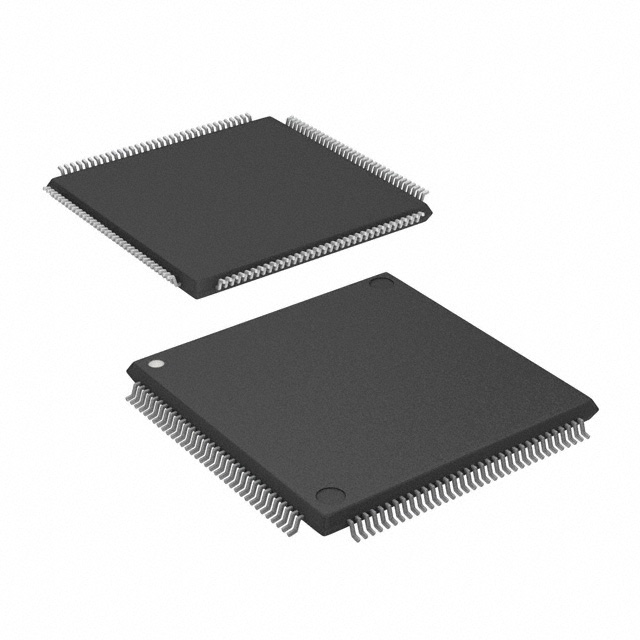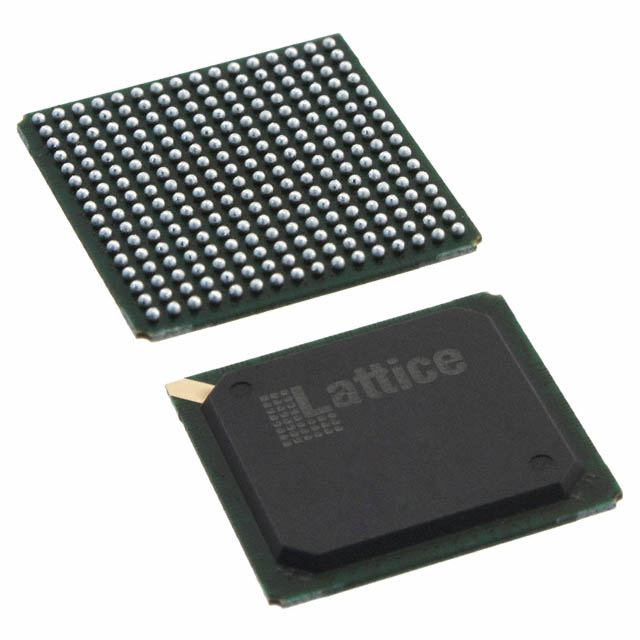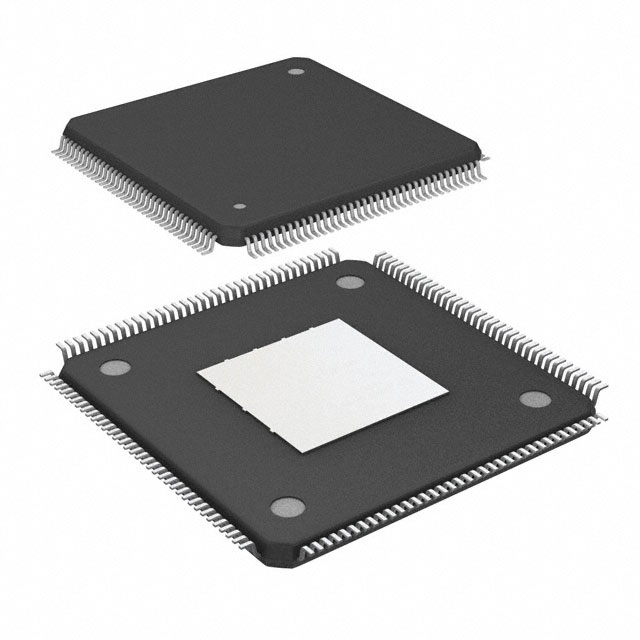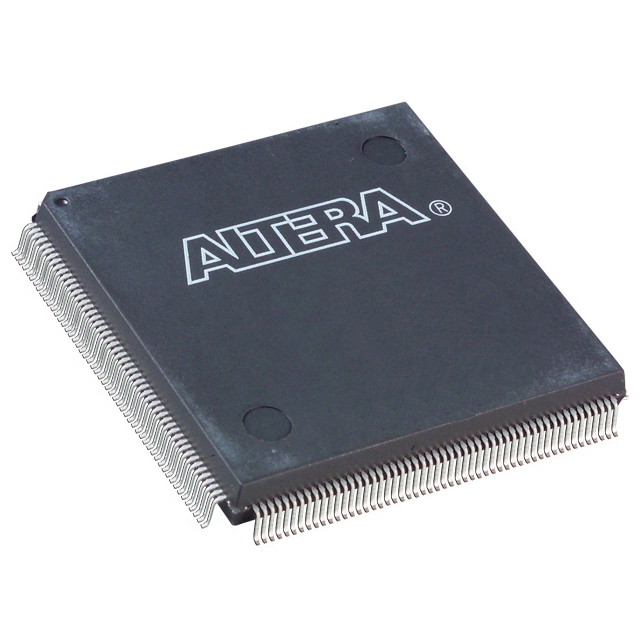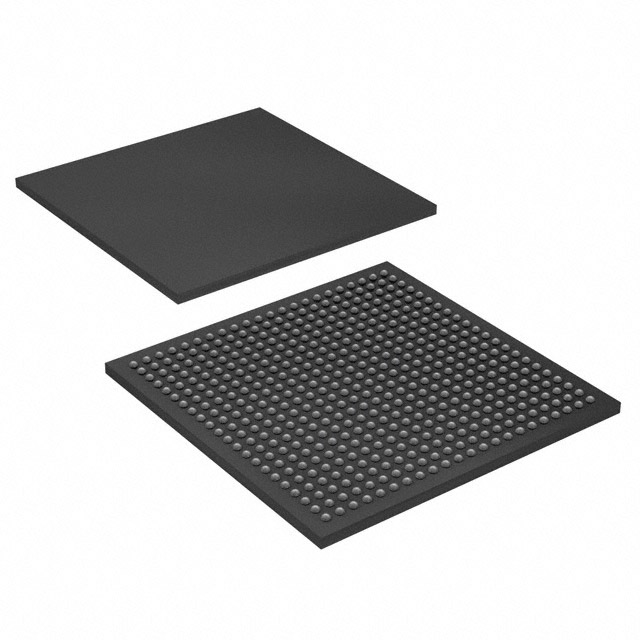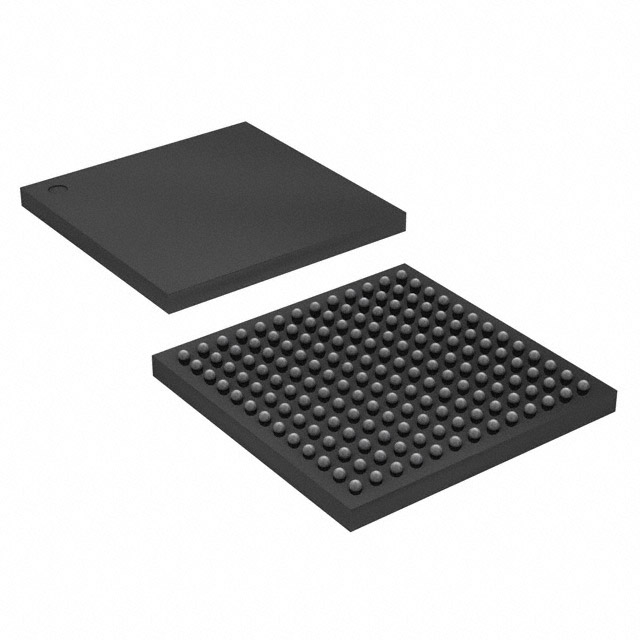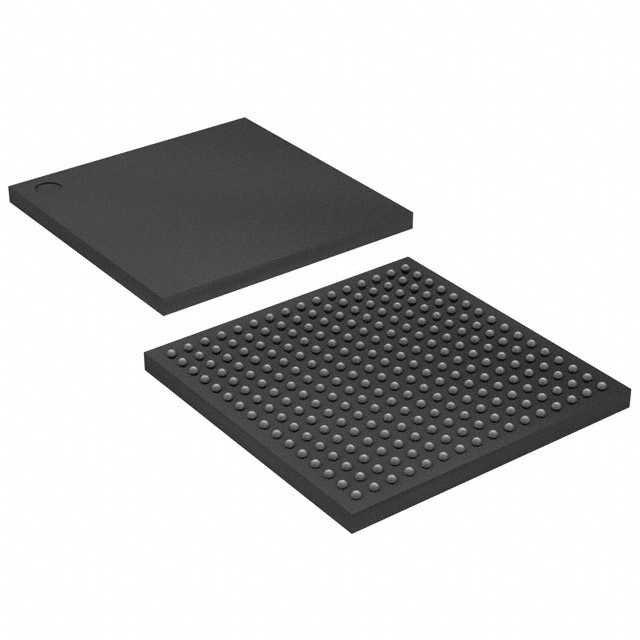In Stock : 4704
Please send RFQ , we will respond immediately.









EP2C5T144C8N Specifications
-
TypeParameter
-
Supplier Device Package144-TQFP (20x20)
-
Package / Case144-LQFP
-
Operating Temperature0°C ~ 85°C (TJ)
-
Mounting TypeSurface Mount
-
Voltage - Supply1.15V ~ 1.25V
-
Number of I/O89
-
Total RAM Bits119808
-
Number of Logic Elements/Cells4608
-
Number of LABs/CLBs288
-
DigiKey ProgrammableNot Verified
-
PackagingTray
-
Product StatusActive
-
SeriesCyclone® II
The EP2C5T144C8N is an integrated circuit chip from the Cyclone II family of Field-Programmable Gate Arrays (FPGAs) manufactured by Altera (now Intel). Here are some advantages and application scenarios of this chip:Advantages: 1. Flexibility: FPGAs are programmable devices, allowing users to configure the chip's functionality according to their specific requirements. This flexibility makes them suitable for a wide range of applications. 2. High-performance: The Cyclone II family offers high-speed performance, making it suitable for applications that require real-time processing and high data throughput. 3. Low power consumption: The EP2C5T144C8N chip is designed to be power-efficient, making it suitable for battery-powered or low-power applications. 4. Cost-effective: FPGAs provide a cost-effective solution compared to custom Application-Specific Integrated Circuits (ASICs) as they can be reprogrammed and reused for different applications.Application scenarios: 1. Digital signal processing: The EP2C5T144C8N chip can be used in applications that require real-time processing of digital signals, such as audio and video processing, image recognition, and compression algorithms. 2. Communication systems: FPGAs are commonly used in communication systems for tasks like protocol conversion, data encryption/decryption, and signal modulation/demodulation. 3. Industrial automation: FPGAs can be used in industrial automation systems for tasks like motor control, sensor interfacing, and process control. 4. Embedded systems: The flexibility of FPGAs makes them suitable for embedded systems, where they can be used for tasks like system-on-chip integration, control logic implementation, and interfacing with various peripherals. 5. Test and measurement equipment: FPGAs are widely used in test and measurement equipment for tasks like signal generation, data acquisition, and protocol analysis.It's important to note that the EP2C5T144C8N is a specific variant of the Cyclone II family, and the suitability of this chip for a particular application depends on the specific requirements and constraints of that application.






